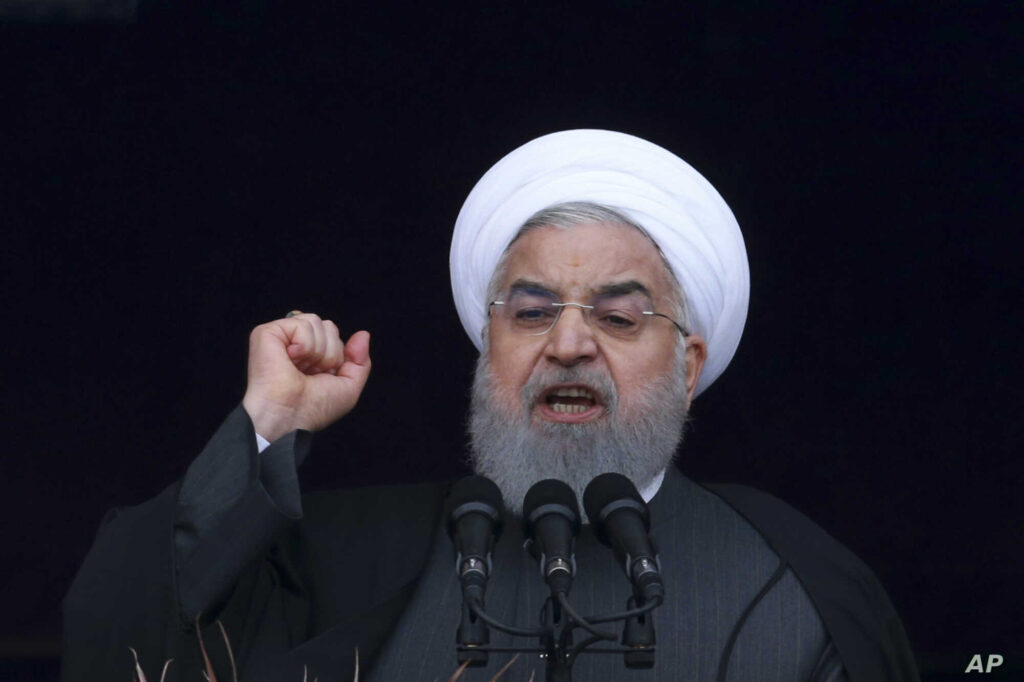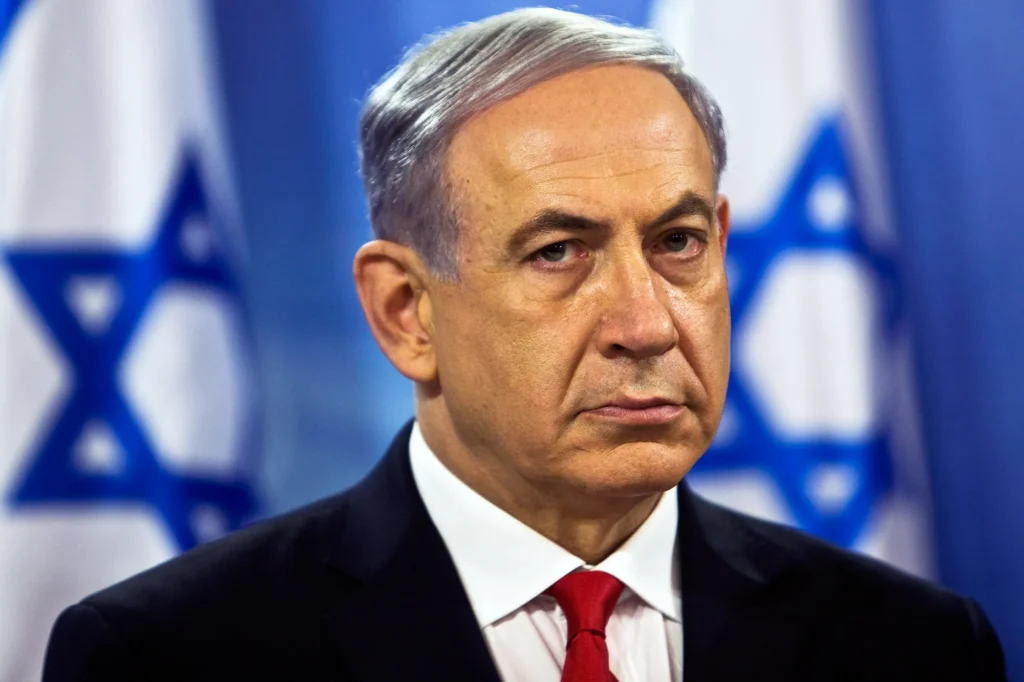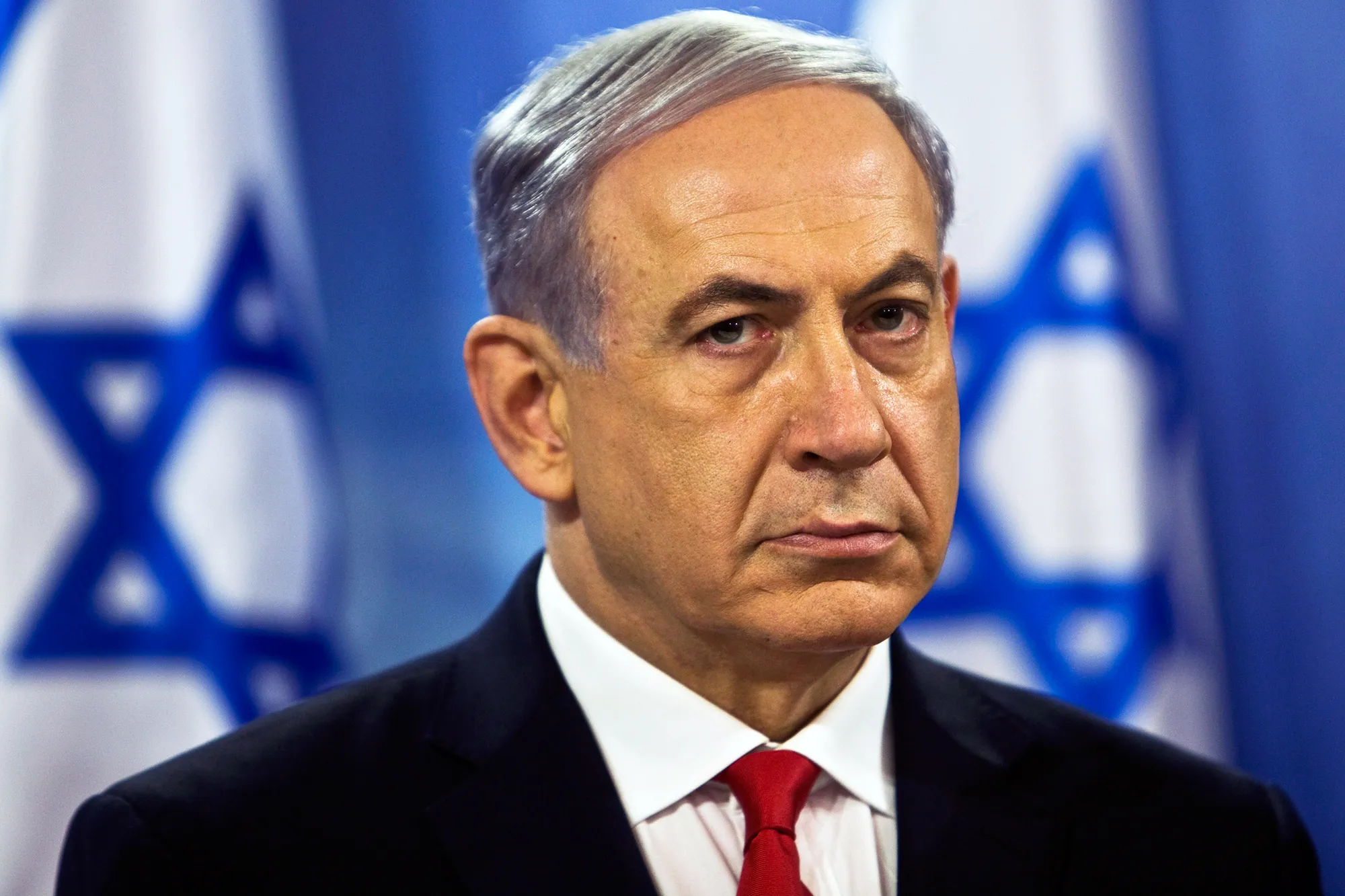The conflict between Iran and Israel is deeply rooted in ideology, regional power struggles, military threats, and geopolitical alliances.The following are the most significant reasons: 1. Ideological Hostility. 2. Iran’s Nuclear Strategy. 3. Militias and proxy conflicts. 4. Regional Power Struggle. 5. Cyber & Intelligence War.


1. Ideological Hostility:
- Iran’s Regime: Iran’s government, led by Shiite clerics, has viewed Israel as illegitimate ever since the 1979 Islamic Revolution, describing it as a “Zionist regime” that must be wiped out.
- Israel’s perspective: Iran’s leadership poses a direct threat to Israel’s very existence due to their constant calls for the country’s downfall.
2. Iran’s Nuclear Strategy:
- Israel’s concern: Israel is of the opinion that Iran’s acquisition of nuclear weapons would constitute an existential threat.
- Iran’s claim is that its nuclear program is peaceful, but international organizations like the IAEA and the UN have expressed concern about the development of weapons.
3. Militias and proxy conflicts:
- Iran lends its support to armed groups throughout the Middle East.
- Hezbollah in Lebanon.
- Hamas and Islamic Jihad in Gaza.
- Shiite militias based in Syria and Iraq.
- Yemen’s Houthis.
- To stop Iran from building military bases and weapons routes near its border, Israel has launched hundreds of airstrikes in Syria.
4. Regional Power Struggle:
- In the Middle East, both nations vie for influence:
- Iran wants to be in charge of the “Axis of Resistance” against the United States, Israel, and Gulf states.
- Israel fights Iran’s reach by cooperating with Sunni Arab nations like Saudi Arabia and the United Arab Emirates.
5. Cyber & Intelligence War:
- Attacks on infrastructure, nuclear facilities, and intelligence networks, such as the Stuxnet virus, which was reportedly utilized by Israel and the United States on Iran’s Natanz nuclear site, are examples of cyberwarfare that Israel and Iran have engaged in.
Iran vs Israel who is powerfull?
1. Military Strength:
- Technology:
- Israel: Very advanced, modern military equipment, cyber capabilities, advanced air force (F‑35 jets), strong missile defense (Iron Dome). Iran: Larger military, growing missile and drone technology, long-range ballistic missile s.
- Air Force:
- Israel: Superior jets, precision weapons, advanced surveillance. Iran: Older air force, reliant more on missiles/drones.
- Army:
- Israel: Small but highly trained, highly mobile. Iran: Paramilitary forces that are very large and extensive (IRGC, Basij).
- Missile Power:
- Israel: Strong missile defense and precision strikes. Iran: Large missile arsenal capable of reaching Israel.
- Allies:
- Israel: Strong ties with USA, NATO, India. Iran: strong ties to regional groups, China, and Russia.
- Nuclear Capabilities:
- Israel: Unknown, but believed to have nuclear weapons. Iran: Seeking to develop nuclear capabilities.
2. Strategy and Geography:
- Israel is a small and highly advanced country – its military strength is quality and precision.
- Iran is much larger, with a bigger population and a network of regional allies and proxy forces (Hezbollah, Hamas).
3. New Technologies:
- Israel has the most advanced AI weapons, drones, and cyber warfare.
- Iran effectively uses asymmetric warfare and has developed its own missiles and drones.
There’s no absolute “winner” — it depends on the type of conflict. Iran has a missile range and a regional network that can do serious damage, while Israel has significant technological and air supremacy.
